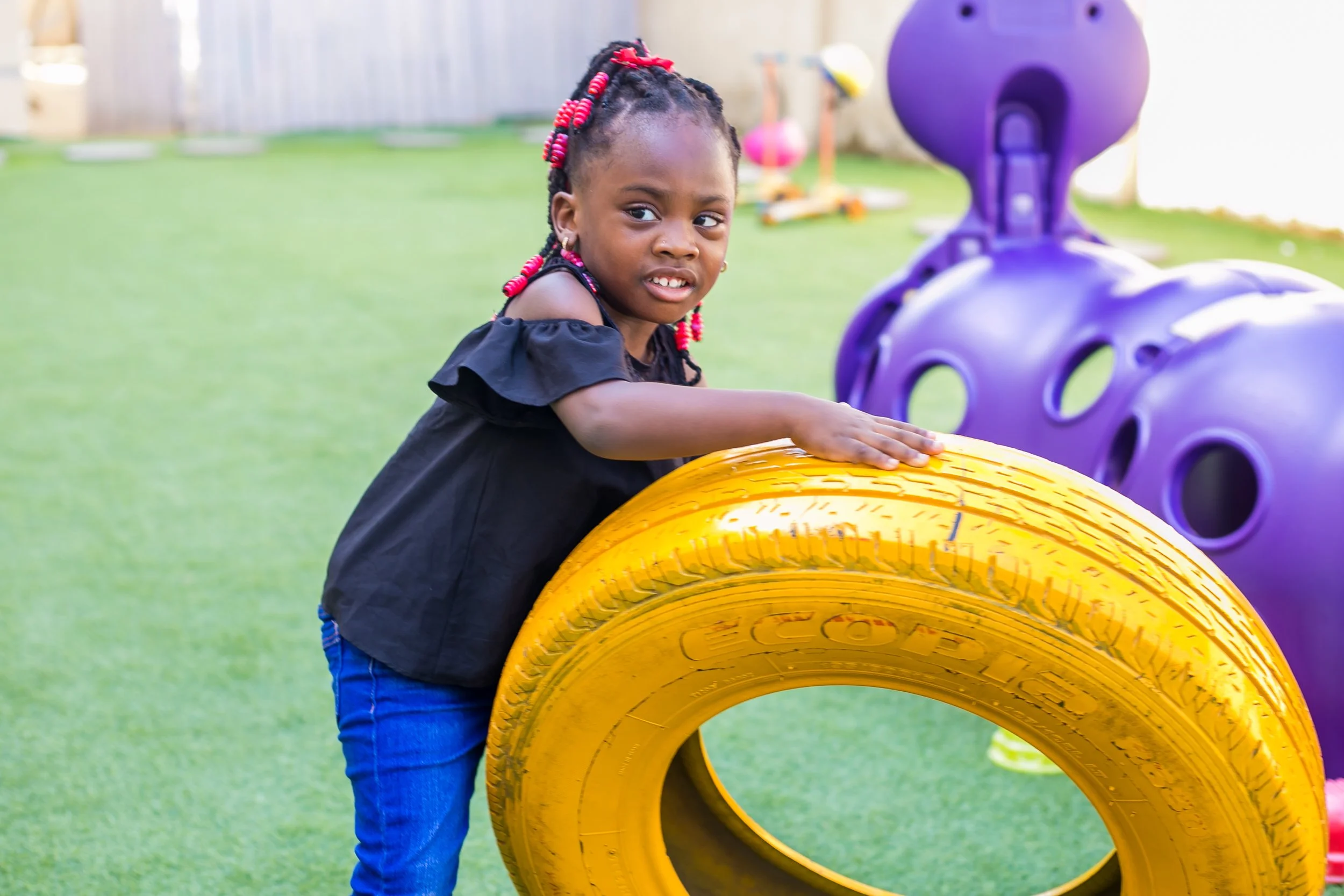Learning Through Play: The Power of Fun in Education
Learning is often associated with textbooks, lectures, and rigorous study sessions. However, research has shown that incorporating fun and play into educational activities can enhance engagement, retention, and overall learning outcomes. In this article, we'll explore the concept of learning while having fun and its profound impact on students' academic success and personal development.
The Joy of Learning: Imagine a classroom buzzing with excitement, laughter, and eager participation. This is the hallmark of learning through play—a dynamic approach that transforms traditional education into an immersive and enjoyable experience. When students are actively engaged in hands-on activities, games, and interactive lessons, they become enthusiastic learners who are eager to explore, experiment, and discover new concepts.
Benefits of Learning Through Play:
Increased Engagement: Fun and interactive learning experiences capture students' attention and maintain their interest over time. Whether it's solving puzzles, conducting science experiments, or participating in educational games, students are more likely to be actively engaged when learning is enjoyable and stimulating.
Enhanced Retention: Research has shown that students retain information more effectively when they are emotionally engaged and invested in the learning process. By incorporating fun elements into lessons, teachers can create memorable experiences that facilitate long-term retention and deeper understanding of key concepts.
Promotion of Creativity: Play-based learning encourages creativity, critical thinking, and problem-solving skills. When students are given the freedom to explore and experiment in a supportive environment, they learn to think outside the box, generate innovative ideas, and approach challenges with confidence and resilience.
Development of Social Skills: Collaborative activities and group games foster teamwork, communication, and interpersonal skills. Through cooperative learning experiences, students learn to listen to others' perspectives, communicate effectively, and work together towards common goals, preparing them for success in both academic and real-world settings.
Boost in Motivation and Confidence: Fun and enjoyable learning experiences boost students' motivation and self-confidence. When students experience success and mastery in a playful learning environment, they develop a positive attitude towards learning, become more resilient in the face of challenges, and gain a sense of accomplishment that fuels further academic growth.
Examples of Learning Through Play:
Role-playing activities that simulate real-life scenarios and encourage empathy and perspective-taking.
Educational board games that reinforce math, language, and problem-solving skills while promoting social interaction.
Interactive digital learning platforms and educational apps that incorporate gamification elements such as rewards, challenges, and leaderboards.
Outdoor learning experiences such as nature walks, scavenger hunts, and hands-on science experiments that stimulate curiosity and exploration.
Learning while having fun is not only enjoyable but also highly effective in promoting academic success and personal growth. By embracing playful learning approaches, educators can create dynamic and engaging educational experiences that inspire curiosity, foster creativity, and ignite a lifelong love of learning in students. Let's reimagine education as a joyful journey filled with discovery, adventure, and endless possibilities for growth and exploration.

